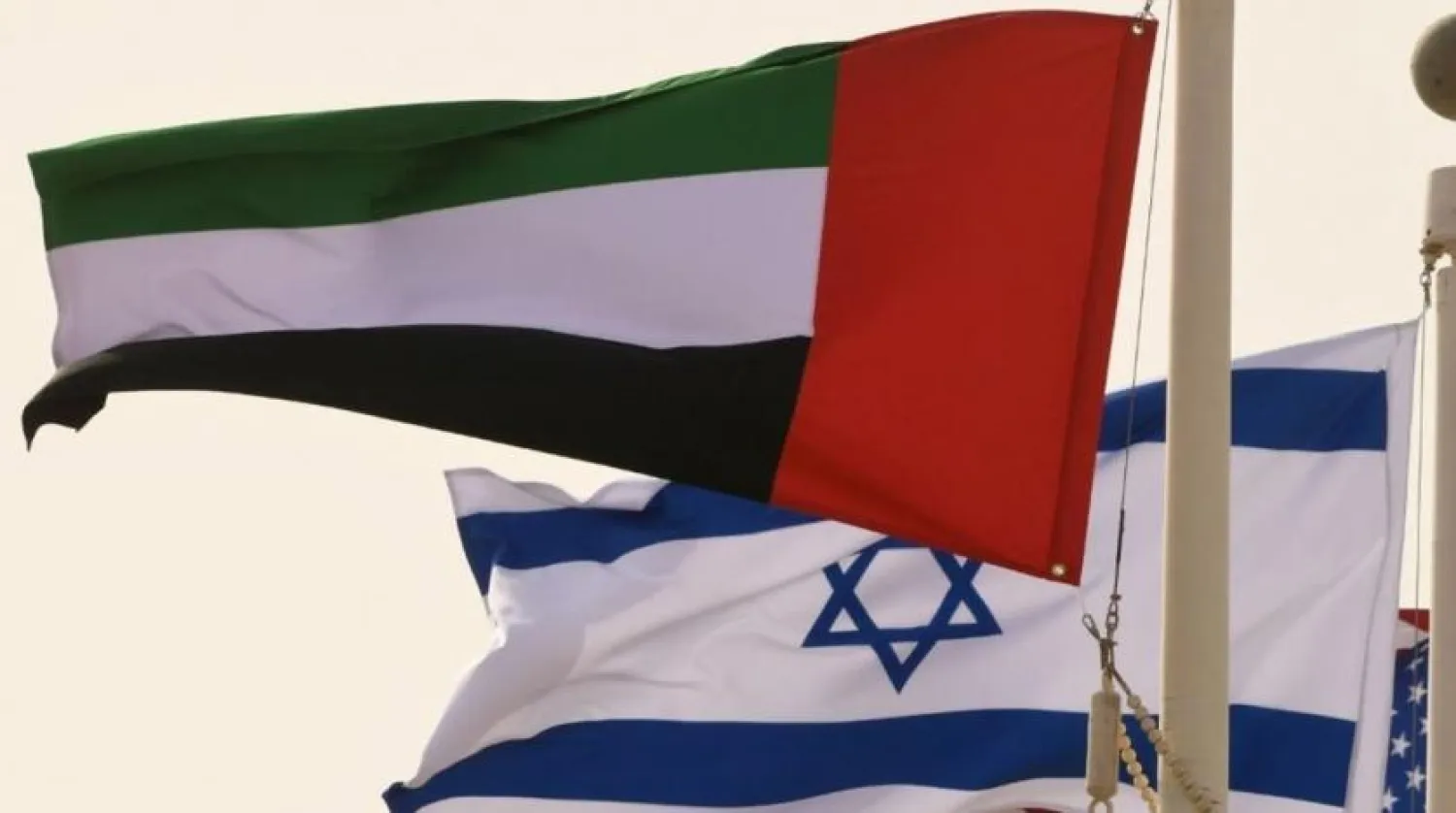The United Arab Emirates marks one year since normalizing ties with Israel on Wednesday, a move that leaders hope could reap a trillion dollars in economic exchanges.
Watched by then US president Donald Trump, the UAE and Gulf neighbor Bahrain formally recognized Israel on September 15, 2020 in Washington, said Agence France-Presse.
The economic benefits have come quickly for the UAE and Israel, who signed a series of deals ranging from tourism to aviation and financial services.
Israeli Foreign Minister Yair Lapid made a landmark visit to the UAE in July, opening an embassy in Abu Dhabi and a consulate in Dubai, while the UAE established an embassy in Tel Aviv.
"After a year of the Abraham Accords, we have a story to say," UAE Minister of Economy Abdulla bin Touq Al Marri told a panel discussion by the Atlantic Council, a US think-tank, on Monday.
"We exchanged ambassadors, we have signed over 60 MOUs (memorandums of understanding). We have 600-700 million of bilateral trade happening, we have funds of billions of dollars that have been announced.
"We're looking to create over a trillion dollars of economic activity over the next decade."
Further benefits will come if a major deal to ship Emirati oil to Europe via an Israeli pipeline clears objections from environmentalists, who fear damage to unique coral reefs in the Red Sea.
Ilan Sztulman Starosta, head of the Israeli consulate in Dubai said about 200,000 Israelis had visited the UAE over the past year, despite Covid, and an estimated 40 companies from his country had set up in the Gulf state's free-trade zones.
The Emirates now has its first students enrolled in Israeli universities, added Sztulman Starosta, who is hoping the Abraham Accords can inspire further ties around the region.
"If we can make it work here, we can make it everywhere," he said.
"If we manage to make this peace work, and it is working, for the better of Israeli and Emirati citizens, then this model can be applied to other countries in the area."









